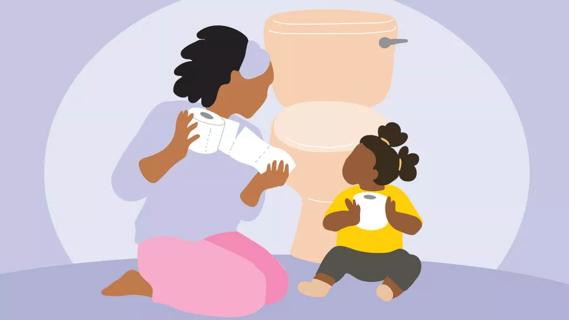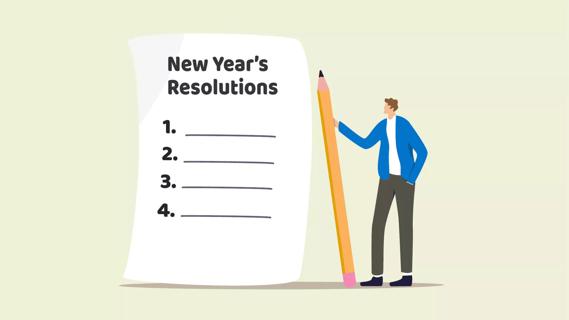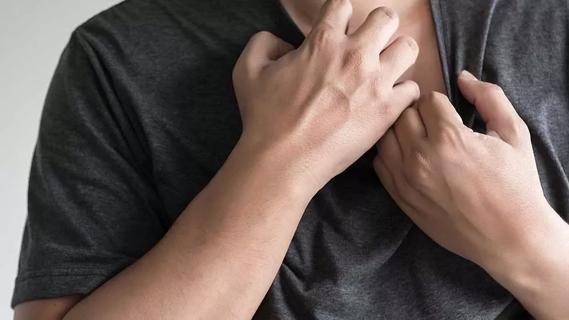
… and be observant of what those labels are telling you,” Czerwony advises.Drink more waterAnother key to beating caffeine withdrawal symptoms is water, water, water. And staying hydrated will energize your body, which may negate …

… the cycle of overeating.The more you’re aware of the forces at play in your cravings and what strategies can help combat them, the better your chances of breaking free of them and healing.

… than not.4. Start smallUsing the toilet takes a lot of steps. Help your kiddo out by breaking it down into more manageable pieces.If you’re comfortable with it, you might start by letting …

… If you encounter struggles, don’t give up. Instead, focus on getting back on track and not beating yourself up over a misstep.“Be kind and compassionate toward yourself,” she encourages. “Change takes time. Just …
Advertisement
Cleveland Clinic is a non-profit academic medical center. Advertising on our site helps support our mission. We do not endorse non-Cleveland Clinic products or services. Policy

Potato chips. Pickles. If you have a salt lick, even better. Are you forever trying (and failing) to give up salty snacks? Take heart, says dietitian Beth Czerwony, RD. It’s possible to minimize those …

Your “baby sister” has a baby on the way. You found your first gray hair. A friend died unexpectedly. Certain life changes rock you to your core. Others leave you wondering what’s the point …

Cutting back on calories can help you drop a few pounds. But did you know it may also slow common signs of aging?Research shows a possible link between calories and aging. The 2023 study …

If our needs weren’t met when we were young, those memories and experiences can have a way of sticking around and resurfacing long into our adulthood. That’s because who we’ve become as …

Sand between your toes. A motorbike ride across a rugged landscape. The hustle and bustle of a new city. A day (or 10) curled up on the couch watching TV. We all mean something slightly …

Itchy skin may be more than just a nuisance. In fact, itching that won’t go away can be a sign of an underlying disease. Up to 50% of adults with persistent itching are diagnosed …
Advertisement
Advertisement